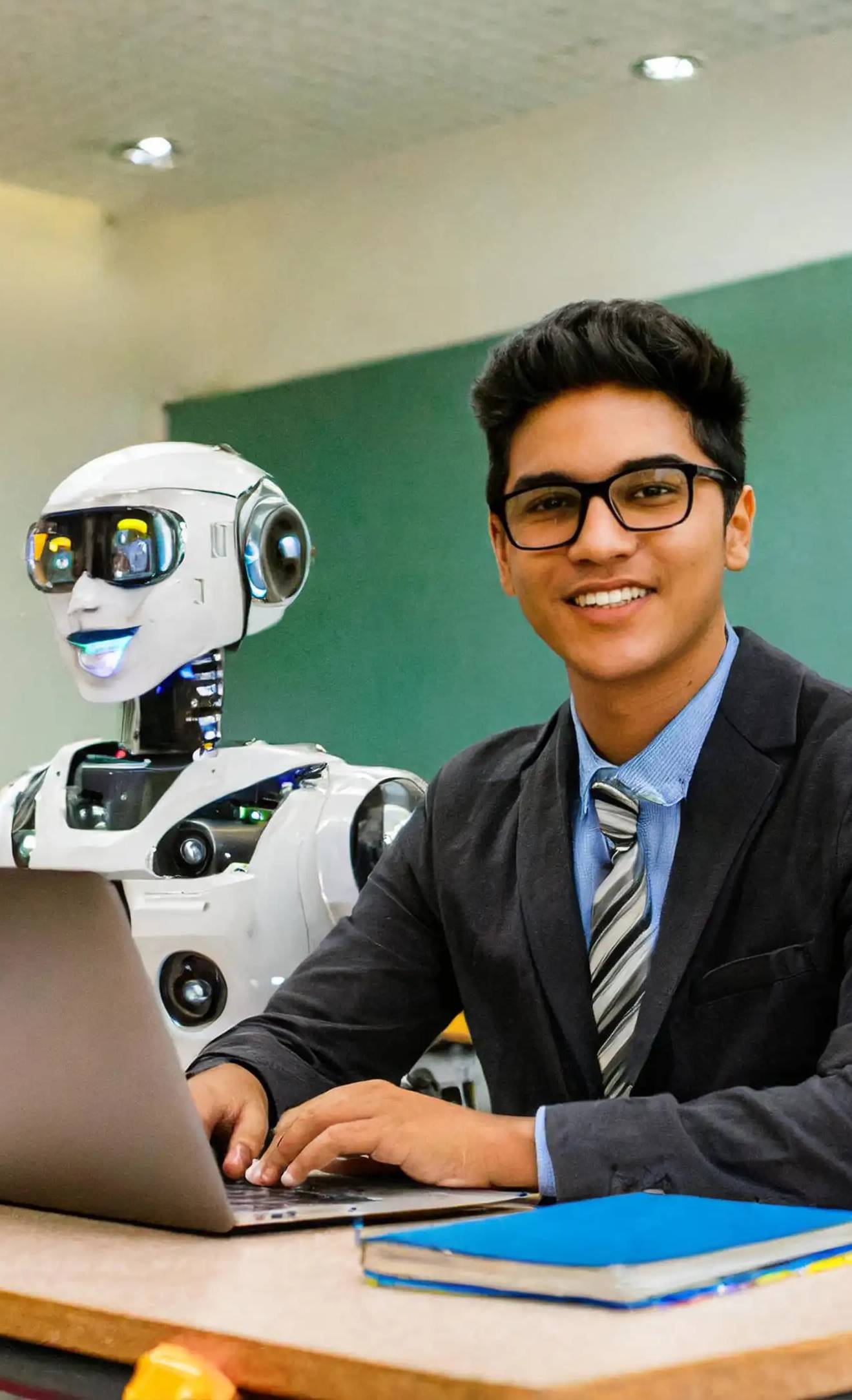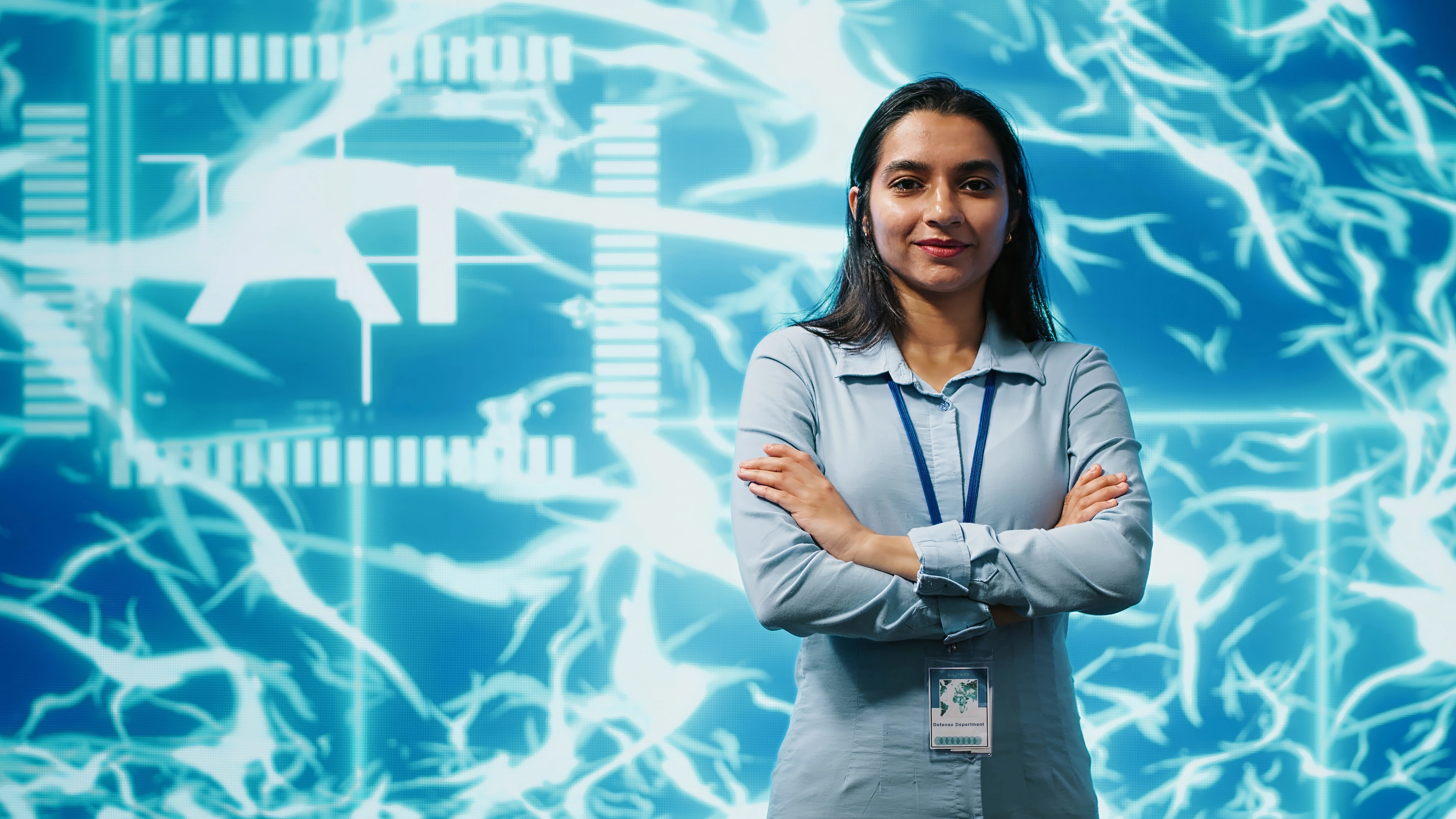





| S.NO | COURSE | DURATION | ELIGIBILITY |
|---|---|---|---|
| 1 | B.Tech | 4 years | Passed 10+2 examination with Physics and Mathematics as compulsory subjects along with one of the Chemistry/ Biotechnology/ Biology/ Technical Vocational subject/ Computer Science/ Information Technology/ Informatics Practices/Agriculture/ Engineering Graphics/ Business Studies. Obtained at least 45% marks (40% marks in case of candidates belonging to reserved category) in the above subjects taken together. |
Read More

